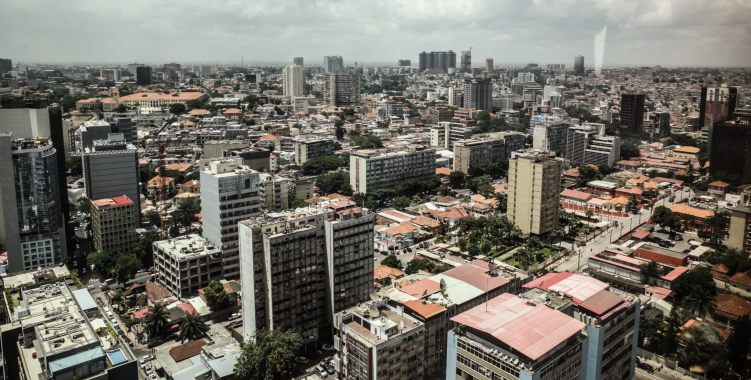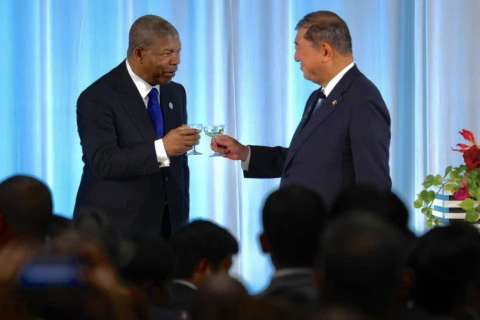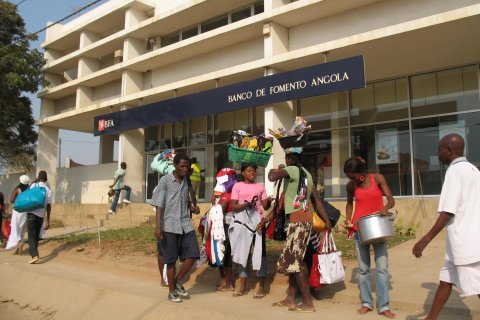Paulo Barroso Simões was speaking at the opening of a 'workshop' on asset confiscation and administration, promoted by the United Nations Organization on Drugs and Crime (ONUDC) and the Angolan Government, within the scope of ProReact, a European project to support the strengthening of the asset recovery.
The head of the political and press section of the European Union delegation in Angola highlighted the high uncertainty of the current world context and the transnational dimension of human and financial flows that open doors to economic development, but also to organized crime.
Angola, in particular, "has been and continues to be severely affected by economic crime", which has compromised sustainable development efforts and delayed economic and social recovery in the post-war period.
The European official pointed out the progress made by the national authorities, but added that "there is a long way to go", as Angola continues to face "various weaknesses, some of worrying depth", which require all the commitment of the authorities.
He said that the European Union has been making efforts so that the fund made available under the new program to support justice and the rule of law can be implemented, but the process "has proved to be difficult and tortuous" and funding is not guaranteed.
"If there is no proper appropriation and response by the competent authorities, there is a risk of losing the 25 million euros that were destined for this sector and which, in our view, would be absolutely necessary to overcome the aforementioned weaknesses", he stressed.
Paulo Barroso Simões added that international institutions are increasingly attentive to the specific situation of each country and to the efforts that are being developed in the fight against organized crime, stressing that "the reflections of a negative 'performance' on the economy and society can be severe and have far-reaching political consequences".
Angola and the EU have assumed strategic international political commitments with a view to promoting sustainable policies, which must be materialized "in concrete", including initiatives in collaboration with the United Nations to share knowledge by bringing high-level international specialists to the country, continued the European representative.
"It will therefore be up to Angola and its representatives to assume the reins of these processes so that they can take advantage of the opportunities available to make Angola a regional and even international reference in the field of combating crime", concluded Paulo Dias Barroso.
Manuela Carneiro, head of the UNODC office in Angola, stressed that Angola's efforts to combat money laundering and organized crime must be supported and recalled that crimes of this kind cross borders, underlining the need for international collaboration in this matter.
Despite the challenges in the context of asset confiscation, he stressed that it is "very positive" that States can recover assets that were the proceeds of the crime, but must, at least, "maintain the value of those assets and, depending on the circumstances, use them them for the development of the country and benefit of the communities".
He highlighted, on the other hand, that Angola recently concluded the mutual evaluation of the East and Southern African Money Laundering Prevention Group (ESAAMLG), stressing that the UNODC supports the Angolan authorities, in the sense of continuing to implement the FATF recommendations ( International Financial Action Group).







